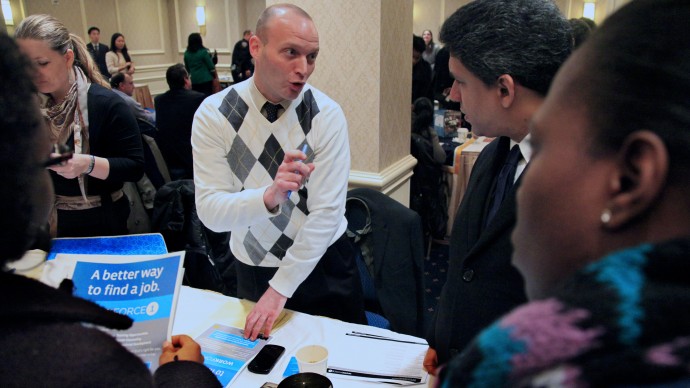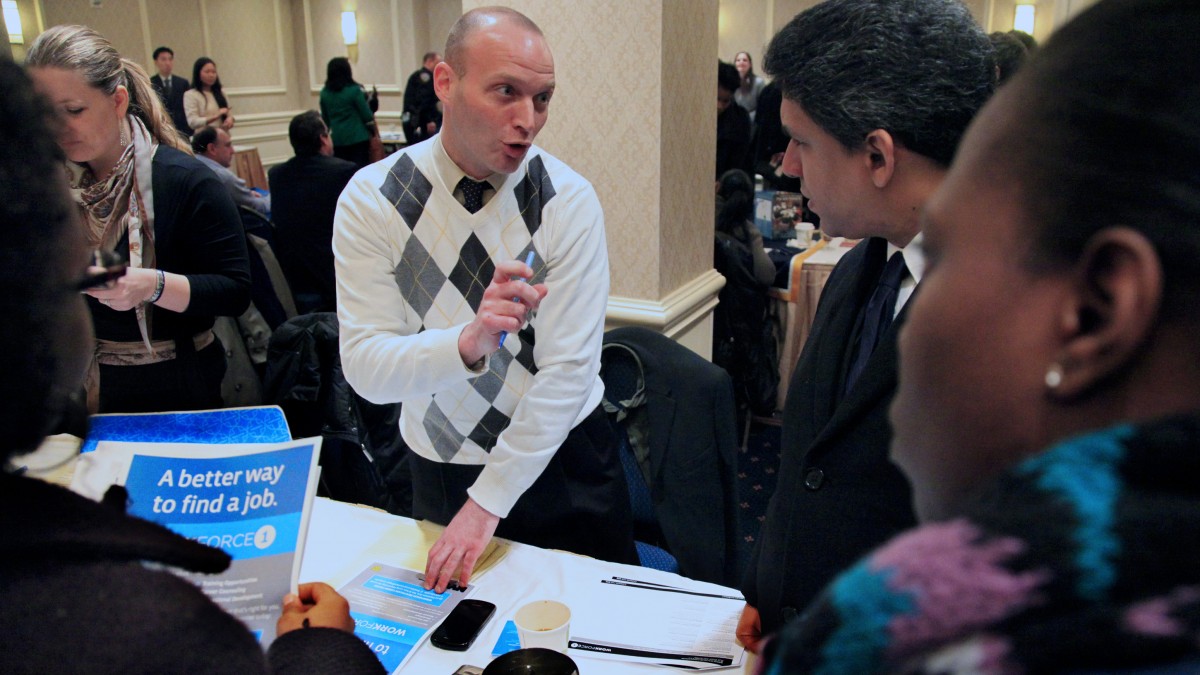
(MintPress) — With nearly 400,000 Americans set to lose unemployment benefits earlier than planned, the issue of lowering unemployment could come into play more than expected in states where out-of-work residents are scrambling for means to pay their bills.
While Congress voted in February to extend benefits to the chronically unemployed, the legislation carried a few provisions many weren’t made aware of. For states that show even a moderate decline in unemployment, such extensions would not last until the end of the year, as initially planned, leaving those counting on the checks in a tough spot.
According to the National Employment Law Project, 236,000 Americans will lose benefits by the time June rolls around. In April, extensions ran out on 134,000 Americans in 15 states.
The question now is how this will impact the election. While benefits will be cut off five months before initially scheduled, those receiving unemployment did gain from the extension — a move seen as a victory for Obama. Republican frontrunner Mitt Romney, on the other hand, is campaigning with a promise to reduce unemployment to 6 percent or less during his four-year term, if elected.
Unemployed residents in California learned earlier this month that extensions would be cut off May 12. The California Employment Development Department (EDD) indicated 93,000 Californians were subject to such cut-offs. The reason for extension deadlines in California was due to the state’s stagnant high unemployment rates — while they remain around 11 percent, they have not increased exponentially in the last three years.
“While California’s total unemployment rate remains high, the three month average is not 10 percent higher than it was during the same three month period during one of the last three years as required by the federal program,” the EDD said in a statement.
California isn’t the only state with residents who have been cut off — 26 other states have experienced the same accelerated timelines. Those whose benefits cut off in May include states like North Carolina, Florida and Illinois, where unemployment rates are within 9 percent.
In April, Georgia and South Carolina — both with unemployment rates of 9.1 — waved goodbye to long-term extensions, leaving a combined 14,000 without benefits.
While some are crying out for the government to further subsidize unemployment programs to keep the economy afloat in a tough job market, others, including Romney and his supporters, are making the argument that continuing benefits doesn’t incentivize people to look for work.
“In this, as in so many other arenas of government policy, unemployment insurance has many unintended effects,” Romney wrote in a USA Today opinion piece. “The indisputable fact is that unemployment benefits, despite a web of regulations, actually serve to discourage some individuals from taking jobs, especially when the benefits extend across years.”
In the same op-ed, Romney promotes an idea of incentives to employers for hiring the long-term unemployed, rather than ushering funds directly into extended benefits.
That doesn’t sit well for those who are frustrated with constant employment rejection. In a May 28 New York Times article, Candace Falkner, a 50-year-old unemployed Californian with a masters in psychology, said she had been rejected from positions at Wal-mart, as well as with other employment agencies. With her extension cut off in May, she’s taken on a commission-only job selling goods door-to-door.
Falkner argued for a new program that would assist the unemployed with benefits cut off. It’s likely an issue that many residents in the 27 states, many of which are considered battleground states, will pay attention to.


